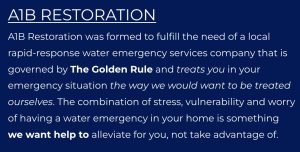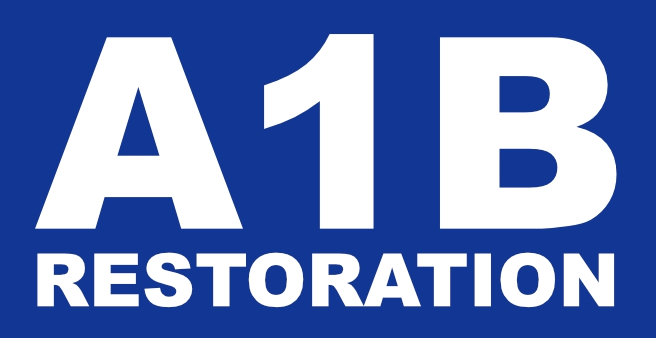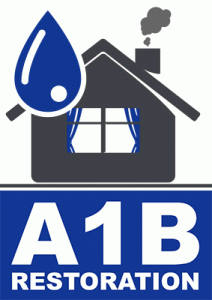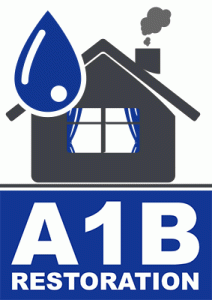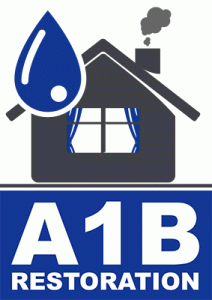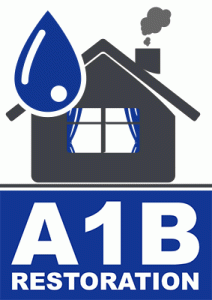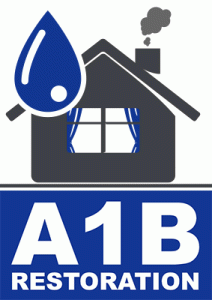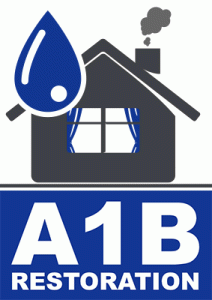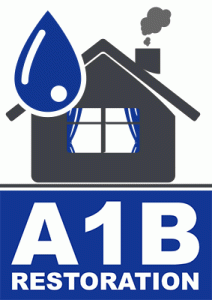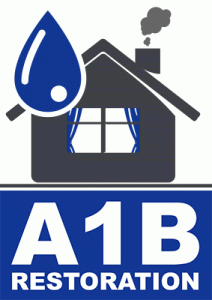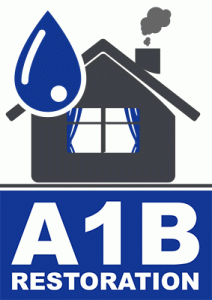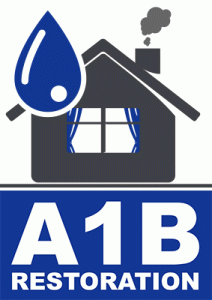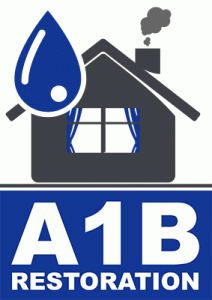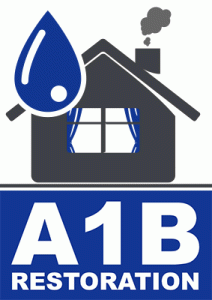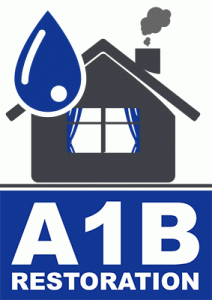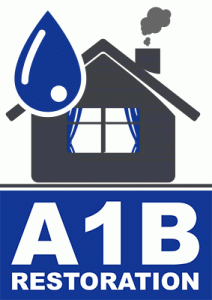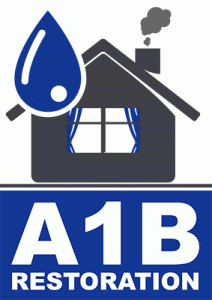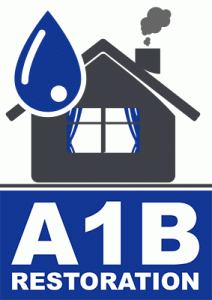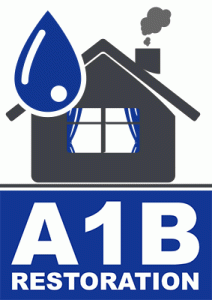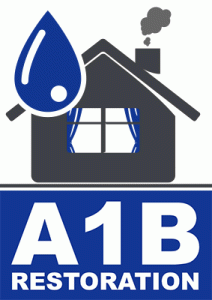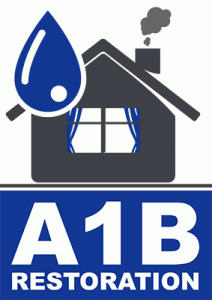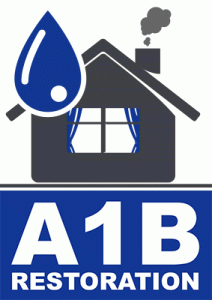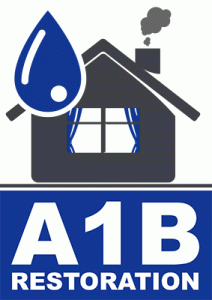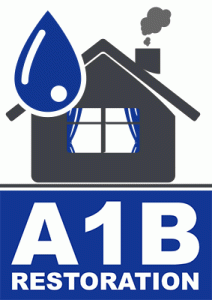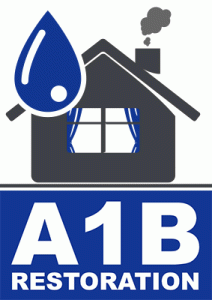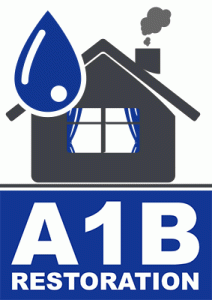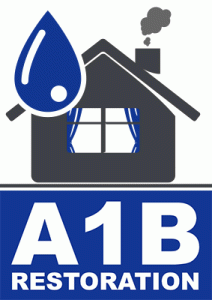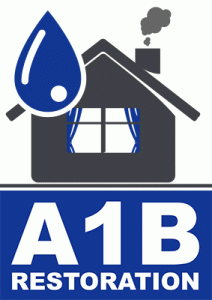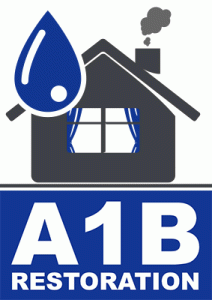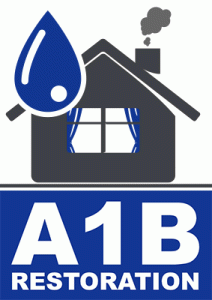water remediation Garland TX
water remediation in Garland Texas
Make the Call to A1B Restoration. We are ready to solve your water remediation problem in Garland
We get there fast. We show up and mitigation starts quickly. There’s no need to call a plumbing professional because we have one on scene spotting and fixing the leakage as the cleanup and drying procedure begins. We will file the insurance coverage claim for you. We deal with all insurance carriers. You don’t have to fret about any of that. We are specialists at filing claims effectively. We make the process as simple and pain-free as possible, taking the concern off of you.
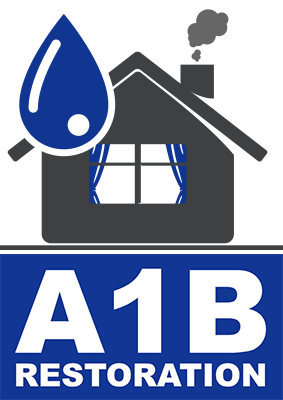
A1B Restoration 24/7 Emergency Services - We are standing by to help you NOW.
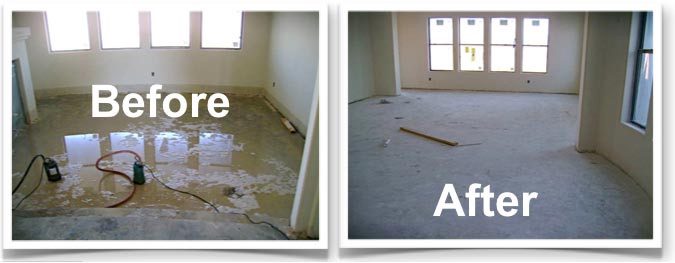
water remediation in Garland, TX
Other Services in Garland
Water damage restoration normally starts with an evaluation and assessment of the loss, concentrating on the products affected. Inspectors utilize water detection tools, consisting of probes and infrared gadgets, to identify the origin of the water damage and to assess the scope of the affected location. The initial actions involve emergency situation mitigation services, which include stopping the water source, eliminating products that can not be restored, extracting water, and cleaning up the afflicted materials preliminarily.
Following mitigation, restoration efforts are carried out to dry out the structure, support the structure materials, sanitize and sanitize any polluted areas, and get rid of smells from all affected products and areas. Post-restoration, devices such as air movers, air scrubbers, dehumidifiers, and systems for drying wood floors and sub-floors are set up to help with the drying process. The objective here is to decrease the moisture material in the products to listed below 15%, a critical level to prevent microbial growth.
City of Garland TX
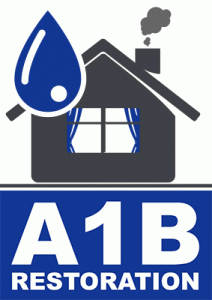
water mitigation company near me Duncanville Texas
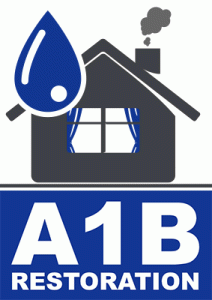
best water damage restoration near me Keller Texas
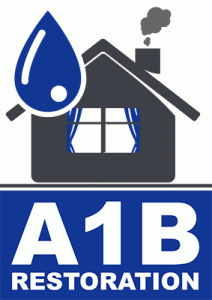
water restoration companies near me Cedar Hill Texas
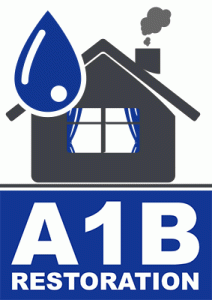
residential water damage restoration Murphy Texas
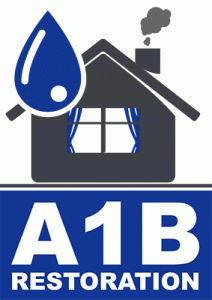
residential water damage restoration Crowley Texas
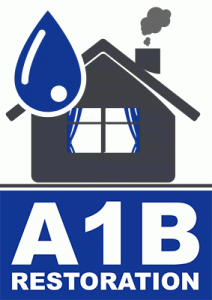
water damage and restoration companies Irving Texas
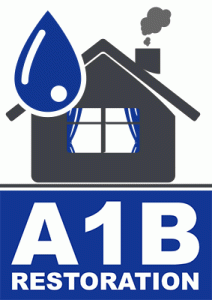
restoration services water damage Lake Highlands Dallas Texas
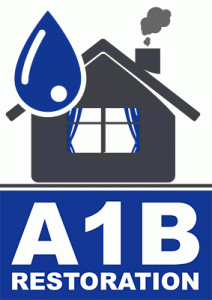
water damage clean up near me Grand Prairie Texas
Why Choose A1B Restoration?
